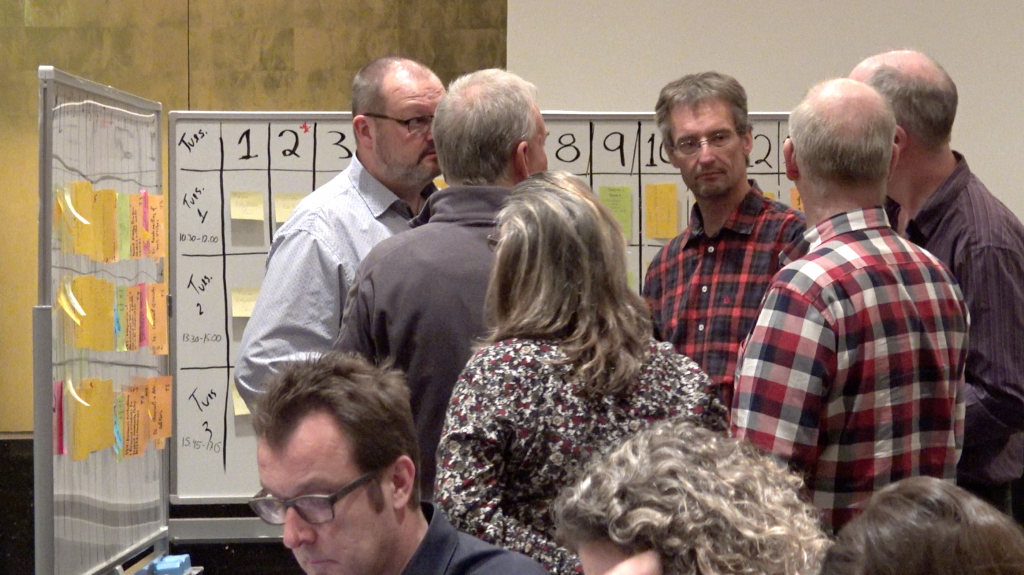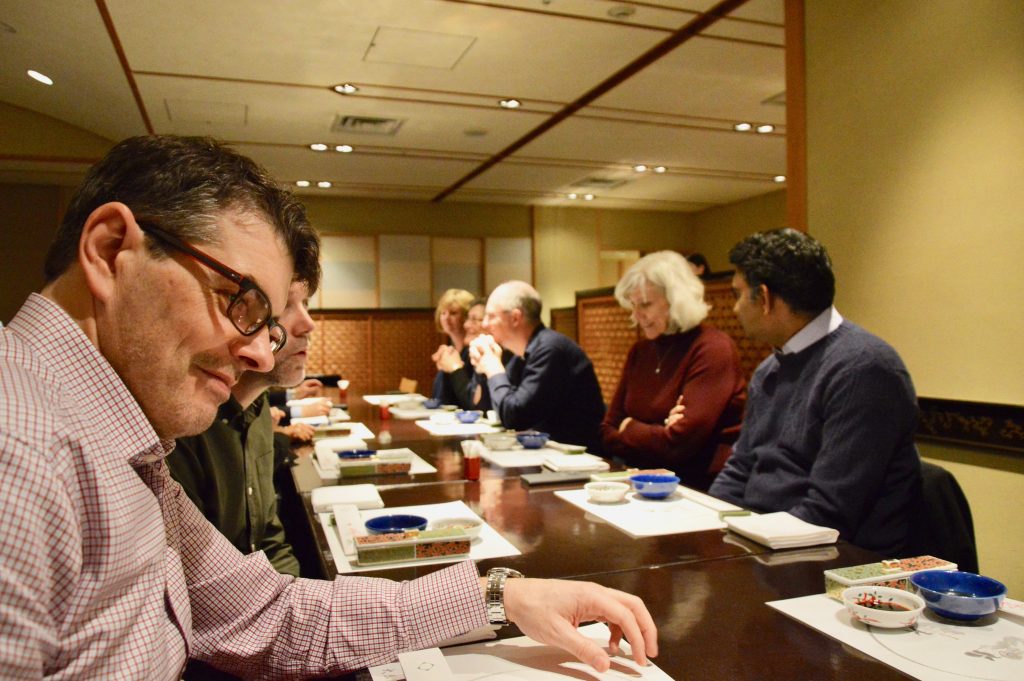10 lessons for Utility Specialists
Ambiguity and paradox management are as much daily concerns for water utility leaders as integrated water resources management. Opening a drinking water tap is a simple and cheap daily activity, one that is considered a given in many parts of the world. Those certainties may be questioned in the coming years if major funding and investment are not realised, in particular for the renewal of aging water distribution networks and diversifying alternative water resources to better manage growing water scarcity.
One of the ways we in the sector have of managing this is through the exchange of ideas and best practices from our peers across the world. It’s one of the reasons professional networks like the IWA are important to the future of water management, and one of the reasons why bringing people together from across the sector, and across the world, to debate the solutions needed for the critical water challenges we face now and in the future.
As Director of CIRSEE, Suez’s worldwide network of research and expertise centers, my concern is to make sure that all the right conditions of collaboration are in place to elaborate new solutions, products or services with our partners and clients that can solve the challenges they face. The more important the challenge, the more fruitful the collaboration people will be.
These perspectives are instructive for being a member of the committee that is shaping the program of the IWA World Water Congress & Exhibition, taking place in Tokyo 15-19 September 2018. I had the opportunity to lead the team in charge of the Track dedicated to Water Utility Management and Innovation. In total the programme committee reviewed more than 1,700 abstracts – a record number – including 465 for the Water Utility Management and Innovation track, mainly coming from Utilities.

Some interesting conclusions from this process are that the management of our utilities is focused on the money allocation to balance 3 drivers: infrastructure renewal, operation efficiency and customer satisfaction. In the field, water professionals operate complex water systems with new challenges such as the increasing frequency of extreme weather events, less resilience to road traffic disturbances, having better living conditions in Megacities, and higher customer requirements than current regulations demand.
Ten key lessons about basic principles have emerged from our discussions and debates in the programme committee:
- Transform your ambitions into measurable targets
(like water quality improvements and customer satisfaction) - Define and pilot the ageing criteria of your key-infrastructures
(such as pumps and pipes) - Implement only on-line sensors to anticipate/forecast the most critical events
(algae bloom in water resources, water quality in distribution, etc.) - Be vigilant by the rational of “More is better” (Chemical management, on-line water quality sensors, pumps redundancy, tank design, and others)
- Share your failures and learn from the others mistakes (such as feedback about equipment suppliers)
- Invest your money in term of Life Cost Analysis (for chemical pumps for example)
- Start an optimization approach only when your Key Performance Indicators are relevant and under control
- Anticipate how the workforce competences can be supported by smart aid decision tools (Process efficiency for example)
- Challenge the topics which have not been reviewed over the last 5 years (Examples are water sample location and no-compliance management)
- Be curious to learn with innovative solutions by starting with some Proof of Concepts or Proof of Values.


